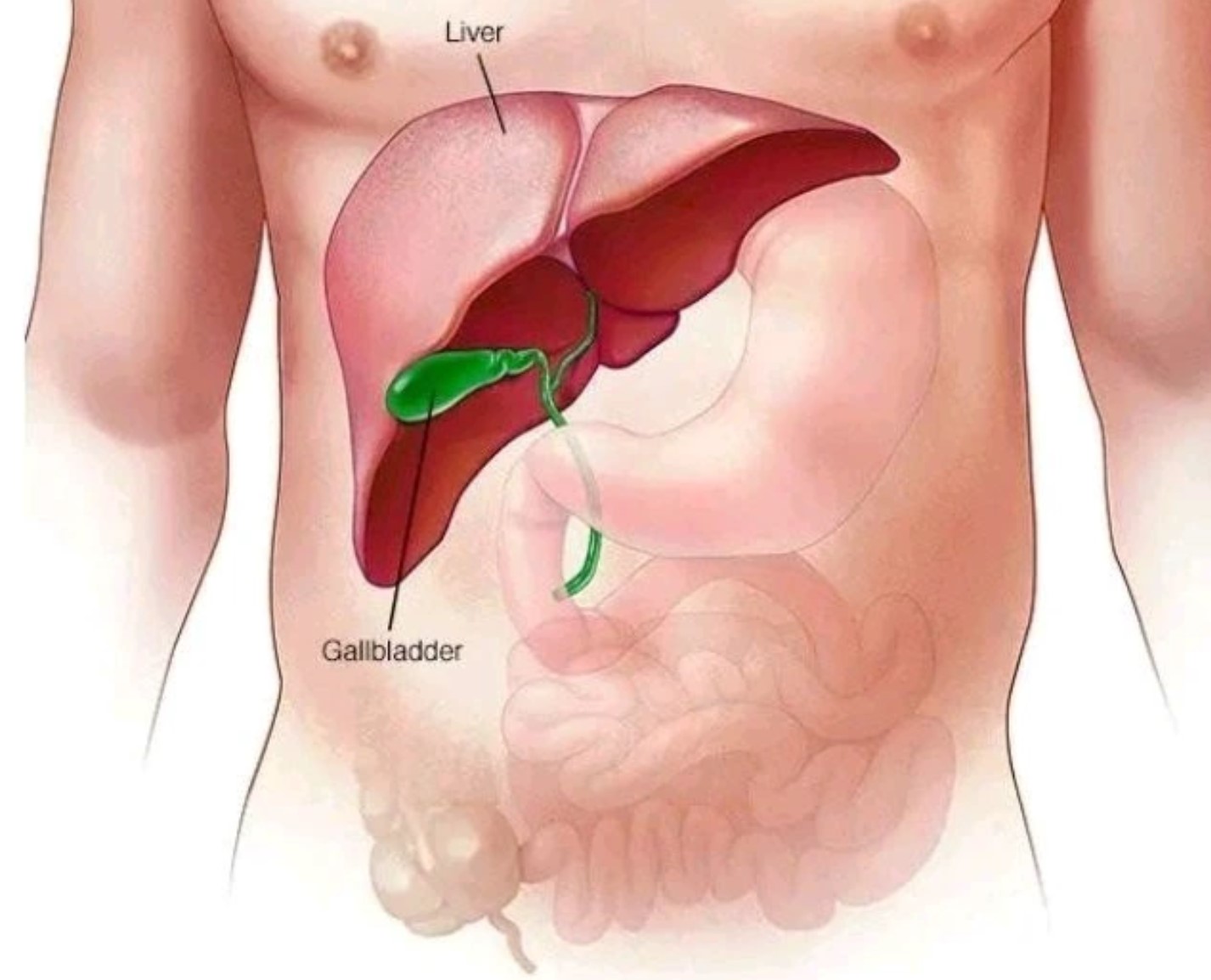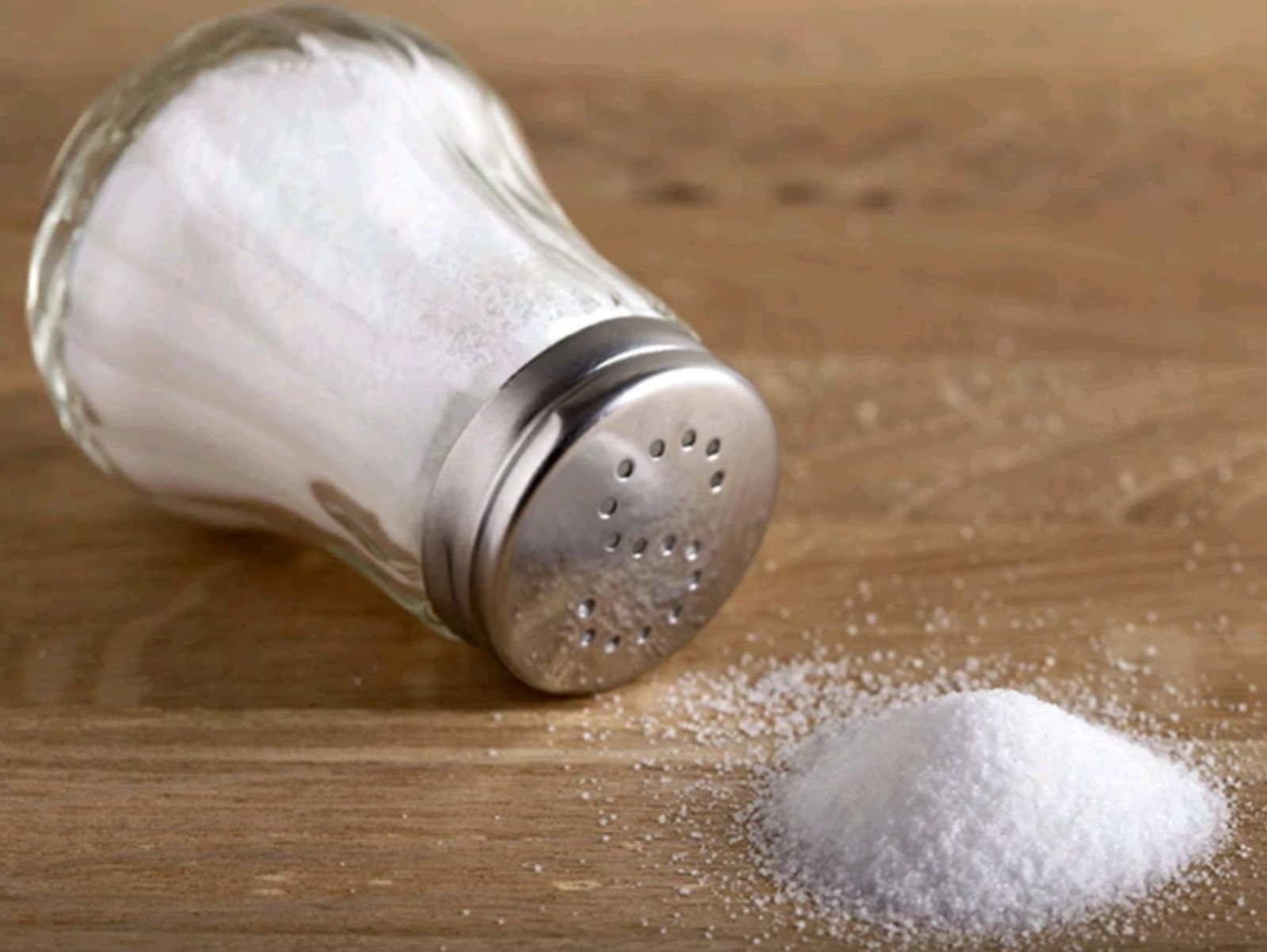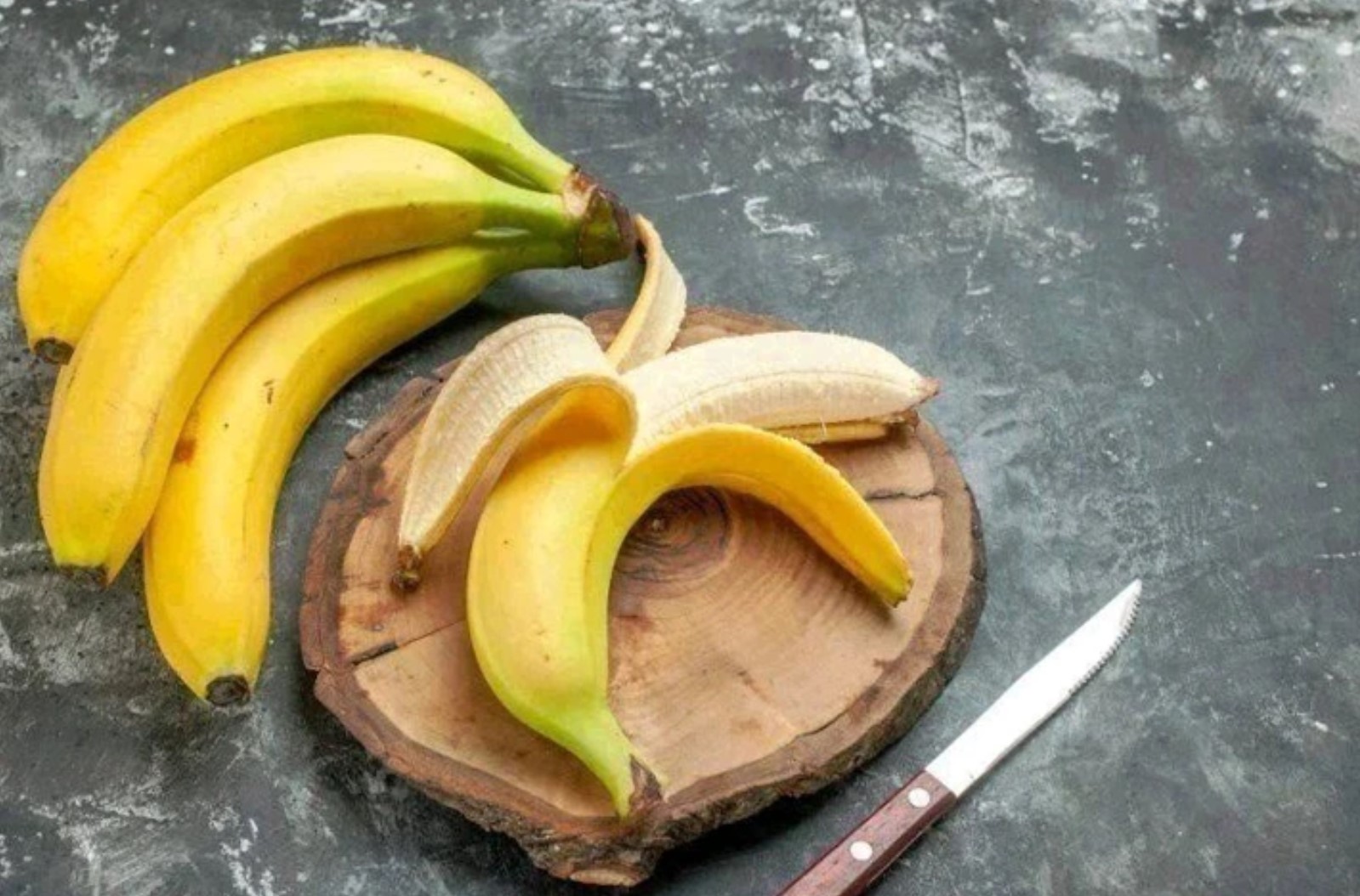The kidneys are vital organs that play a crucial role in maintaining overall health by filtering waste products from the blood, balancing fluids, and regulating blood pressure. To ensure your kidneys remain healthy and function optimally throughout your life, it’s essential to avoid certain harmful practices and substances. Here’s a detailed look at what you should avoid to protect your kidneys and promote long-term well-being:
1. Excessive Salt Intake:
High sodium consumption is a leading cause of kidney damage. Salt increases blood pressure, which can harm the delicate blood vessels in the kidneys. Processed foods, fast foods, and certain condiments often contain excessive amounts of sodium. Reducing salt intake by avoiding these foods and cooking with less salt can help keep blood pressure in check and reduce the risk of kidney disease…Click Here To Continue Reading>> …Click Here To Continue Reading>>
2. Overuse of Painkillers:
Nonsteroidal anti-inflammatory drugs (NSAIDs), such as ibuprofen and naproxen, are commonly used to alleviate pain and inflammation. However, prolonged use or high doses can be toxic to the kidneys. These drugs can reduce blood flow to the kidneys and impair their function. It’s important to use these medications only as directed and consult a healthcare professional for alternative pain management strategies when necessary.
3. Excessive Alcohol Consumption:
Drinking alcohol in moderation is generally considered safe, but excessive consumption can have detrimental effects on the kidneys. Chronic alcohol use can lead to kidney inflammation and damage. It also increases the risk of developing high blood pressure and liver disease, both of which can negatively impact kidney health. Limiting alcohol intake to recommended levels—no more than one drink per day for women and two for men—can help protect your kidneys.
4. High Sugar and Processed Food Diet:
A diet high in refined sugars and processed foods can lead to obesity, type 2 diabetes, and high blood pressure, all of which are risk factors for kidney disease. Processed foods often contain hidden sugars and unhealthy fats that contribute to these conditions. Emphasizing a diet rich in fruits, vegetables, whole grains, and lean proteins can support kidney health and overall well-being. READ FULL STORY HERE>>>CLICK HERE TO CONTINUE READING>>>
5. Smoking:
Smoking is a significant risk factor for kidney disease. It accelerates the progression of kidney damage, especially in individuals with preexisting conditions such as diabetes or high blood pressure. The chemicals in tobacco can harm blood vessels and reduce blood flow to the kidneys, impairing their ability to filter waste. Quitting smoking is one of the best actions you can take to protect your kidneys and improve your overall health.
6. Dehydration:
Staying hydrated is essential for kidney function, as adequate fluid intake helps the kidneys filter waste efficiently. Chronic dehydration can lead to kidney stones and urinary tract infections. It’s important to drink enough water daily—typically around eight 8-ounce glasses, though individual needs may vary based on activity level and climate.
7. Overconsumption of Protein:
While protein is an important nutrient, excessive consumption can put extra strain on the kidneys, especially if they are already compromised. High-protein diets increase the kidneys’ workload by producing more waste products that need to be filtered. Balancing protein intake with other nutrients and focusing on moderate amounts can help maintain kidney health.
By avoiding these harmful practices and adopting a healthy lifestyle, you can significantly reduce the risk of kidney damage and promote longevity. Regular check-ups with a healthcare provider and proactive management of health conditions like hypertension and diabetes are also crucial for maintaining kidney function and overall health.


 SPORTS10 months ago
SPORTS10 months ago
 METRO11 months ago
METRO11 months ago
 IN-THE-NEWS6 months ago
IN-THE-NEWS6 months ago
 SPORTS10 months ago
SPORTS10 months ago
 SPORTS10 months ago
SPORTS10 months ago
 IN-THE-NEWS11 months ago
IN-THE-NEWS11 months ago
 IN-THE-NEWS6 months ago
IN-THE-NEWS6 months ago
 SPORTS10 months ago
SPORTS10 months ago


